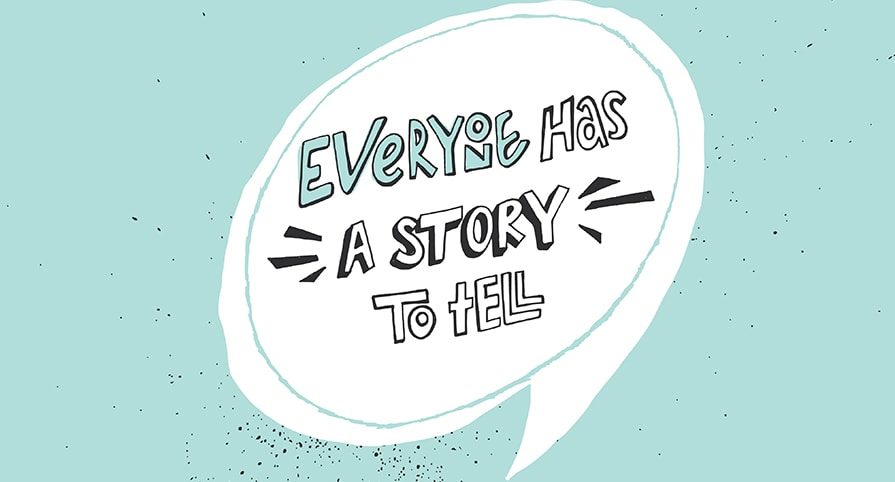Storytelling emphasises the gradual acquisition of the language rather than memorising vocabulary and rules. It helps students become more confident when learning a second language.
A Different Approach
Students often create the stories through collaborative inventive process under the guidance of their teachers. Their stories tend to be bizarre and catchy. Students apply all their inventive and creativity whilst having fun, which always keeps them engaged and participant. Working collectively (often in small groups – a class can be divided in small groups also online!) generates a feeling of community: a common ground where all move comfortably.
When you engage your English-language learners through a fun and memorable narrative, also the more formal elements of language acquisition like grammar will happen more easily.
The teacher introduces the meaning of words and grammatical applications as the story unfolds —instead of asking students to memorise beforehand lists of vocabulary and rules. New forms are ingrained within the telling of the story itself. As the story develops, the teacher provides explanations as necessary and establishes the level of all students’ comprehension.
As a natural consequence of this process, students are confident when they produce language as they have learnt it into a context of which they understood the full meaning and usage.
Students are tired of the more traditional “fill-in-the-gap” exercise and they are often eager to experience the language. Storytelling allows exactly that: a full immersion into a virtual experience.
Useful and Simple Techniques
Telling stories allows the teacher to apply easy and efficient techniques :
-
- the pace of narration: e.g. speaking slower will help comprehension
- a dramatic emphasis into the narrator’s voice will raise feelings also for those unknown words and foreign grammatical forms.
- Asking students to repeat key words is also helpful
- miming actions will be a direct form of explanation and will keep the students engaged
- facial expressions and laughter will enrich the experience, and they are very important especially with younger learners
- stories have a structure that creates a sense of control: with a beginning, middle, and end.
- stories can be sung!
Students will learn and improve their creative writing, practice their listening, acquire new language and feel more and more confident to share with others. Even the most nervous student will overcome their worries about making mistakes when telling his/her story.
Storytelling Is A Natural Experience – That’s Where Success Lies
Storytelling is how we make sense and communicate our experiences to others. It is part of all world cultures, in any language and it does not depend on language literacy or proficiency. Storytelling does not require complex vocabulary. Since childhood, children express language and emotions through stories.
Humans are hardwired for stories!
Would you like to organise a Storytelling project with your students online, or face-to-face at the Lewis School or at your school? Please contact us.











I want to join a general English course for one month.
How can I enroll in online course?
Thank you for your message. We have sent you an email to confirm the booking procedure for our online courses and free level test.
Kind Regards